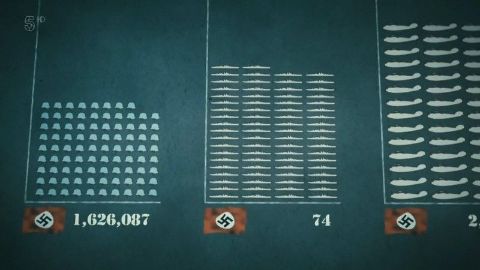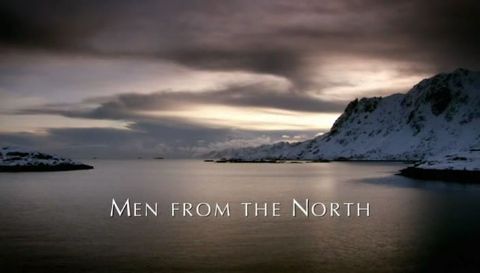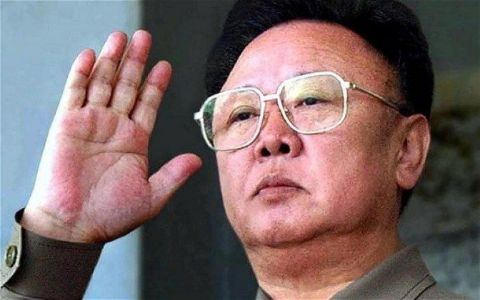Military Masterminds • 2022
Chapter 1: Rapid Dominance From Julius Caesar to Napoleon Bonaparte, ancient generals took advantage of a military tactic still used in modern warfare, employing overwhelming power to paralyse the enemy. A tactic known as Rapid Dominance. This episode explores the lives and feats of four men who used it to achieve victory: Moshe Dayan, Erwin Rommel, Colin Powell and Isoroku Yamomoto. Chapter 2: Combat Power Combined arms operations use the force of different military corps to increase the combat power deployed against an enemy. Combining these forces needs incredible planning, decisiveness and authority. This episode explores the lives and feats of four military leaders who used the tactic to achieve victory: Bernard Montgomery, William Westmoreland, Georgy Zhukov and Norman Schwarzkopf. Chapter 3: Deception Disinformation, decoys, and traps. Strategy and tactics can be creative. But behind every deception and masquerade are the Military Masterminds creating, planning and executing each strategy to defeat an enemy. This episode explores how leaders Winston Churchill, Nikita Khrushchev, George Patton and Muhammad Anwar Sadat, used the tactic to achieve victory. Chapter 4: Guerrilla Warfare To surprise the enemy, attacking and disappearing without a trace. To harass, sabotage, ambush. Throughout the 20th Century the majority of guerrilla warfare centred around the confrontation between right and left ideologies. This episode looks at how Mao Zedong, Fidel Castro, Josip Broz Tito and V? Nguy?n Gi?p used Guerrilla Warfare to overcome a militarily superior enemy.
Make a donation
Buy a brother a hot coffee? Or a cold beer?
Hope you're finding these documentaries fascinating and eye-opening. It's just me, working hard behind the scenes to bring you this enriching content.
Running and maintaining a website like this takes time and resources. That's why I'm reaching out to you. If you appreciate what I do and would like to support my efforts, would you consider "buying me a coffee"?
Donation addresses
BTC: bc1q8ldskxh4x9qnddhcrgcun8rtvddeldm2a07r2v
ETH: 0x5CCAAA1afc5c5D814129d99277dDb5A979672116
With your donation through , you can show your appreciation and help me keep this project going. Every contribution, no matter how small, makes a significant impact. It goes directly towards covering server costs.





